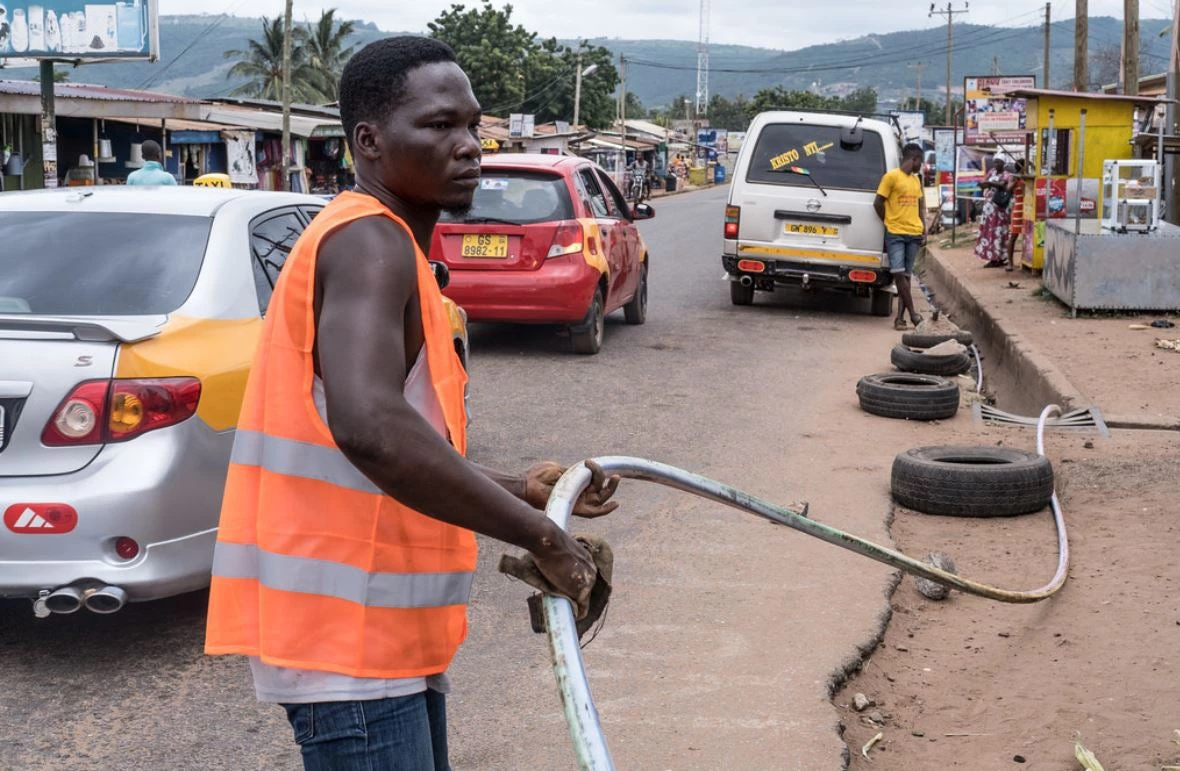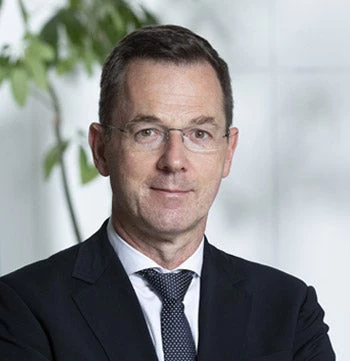Let’s talk recovery.
Admittedly, we haven’t yet emerged from the dark woods. COVID-19 continues to ravage economies around the world, driving up unemployment and poverty rates. Many hundreds of thousands are becoming infected every day, straining healthcare systems and inflicting grief on families and communities.
Although Africa has done relatively well to shield itself from the worst of the health crisis, infection rates in many countries are rising. Meanwhile, COVID-19’s economic impact on Africa is already painfully clear: a first recession in 25 years, with economic activity expected to fall by more than 3 percent in 2020 , according to a recent World Bank report.
Returning the world to any kind of recognizable ‘normal’ might take years. Even so, there are ways Africa can speed its economic recovery—and build a stronger, more robust, more competitive post-COVID environment for business growth and job creation.
Following discussions at a number of events focused at least in part on COVID-19 and recovery, including at the Women Working for Change Summit, an event co-hosted by the International Finance Corporation (IFC) and the Jeune Afrique Media Group, I am seeing three themes emerge as essential focus points for Africa. These are: digitization, urbanization, and regional integration.
Regarding digitization, COVID-19 has catalyzed the adoption of digital technologies that are helping connect businesses with customers and suppliers, link students with teachers, and convene families and friends.
While some of this binding of the social and economic fabric was happening before COVID-19, Africa’s digital potential remains largely untapped : A recent report by IFC and Google estimates that Africa's Internet economy could reach 5.2% of the continent's gross domestic product by 2025, contributing nearly $180 billion to its economy.
Today, however, Africa remains the least connected continent and only 10 of 45 tracked African countries meet the affordability standard for internet, as recommended by the United Nations Broadband Commission.
It will, therefore, be crucial for governments, the private sector, and other partners to work together to build digital infrastructure, advance digital skills development, and cultivate tech talent to bring the benefits of digital technology to millions more people across Africa.
Urbanization is also transforming the continent. Its major cities are growing rapidly, with millions seeking opportunity in Johannesburg, Abidjan, Kinshasa, Lagos, Nairobi, and in fast-growing but smaller hubs, such as Lilongwe and Niamey. Urbanization is creating new demand for goods and services, supporting new ideas and initiatives, and attracting investors to help create more competitive, innovative, and efficient markets.
The benefits of urbanization will only be realized, however, if urban dwellers can rely on essential services like power, water, sewage, housing, and transport. Cities that provide these, whether through public, private, or a combination of providers, are more likely to be positive forces for economic growth, poverty reduction, and human development.
Finally, regional integration, both at the continental level and within each of the main economics blocs—the East African Community, ECOWAS, ECCAS, COMESA, IGAD and SADC to name a few —can help Africa accelerate progress and economic gains.
According to a World Bank report, implementing the African Continental Free Trade Agreement would boost Africa’s income by $450 billion by 2035 (a gain of 7 percent). Africa is ambitious with its plans for easier, freer trade, though trading across borders remains challenging in many parts of the continent.
Making sustainable progress in these three areas will demand the combined efforts of governments, the private sector, and development partners.
IFC’s role supporting recovery is to promote an enabling business environment and help private sector players in Africa—large and small—grow and succeed. Our strength, helping to convene investors, governments, and innovators, is an area where we and our partners can have the greatest long-term impact.
And while COVID-19 might have set Africa back, it hasn’t dampened the region’s appetite for innovation and growth. I am convinced that Africa’s recovery from COVID-19 will be the opportunity to create a stronger, more resilient, and more connected continent.
RELATED
The World Bank Group’s Response to the COVID-19 (coronavirus) Pandemic



Join the Conversation